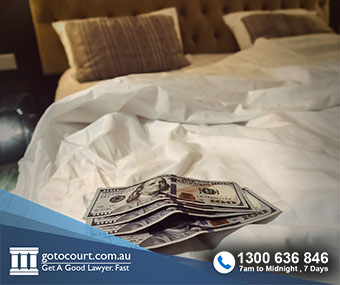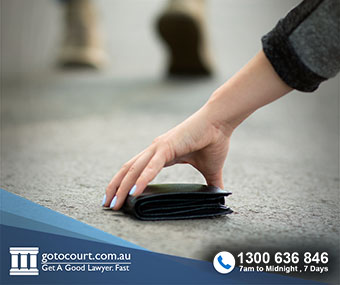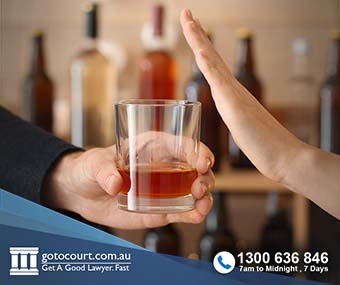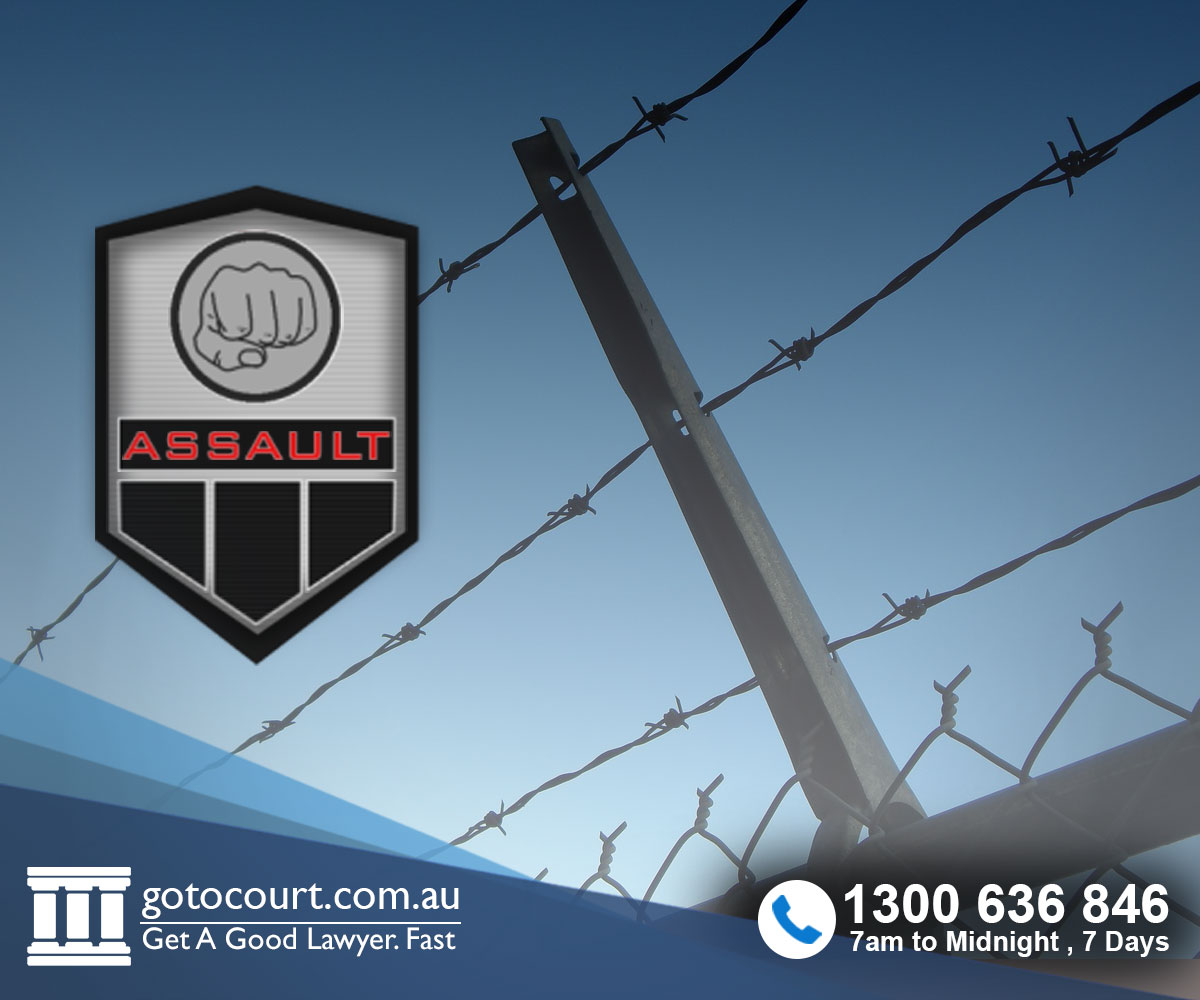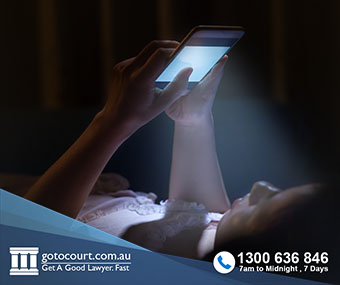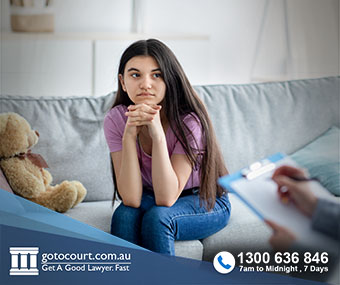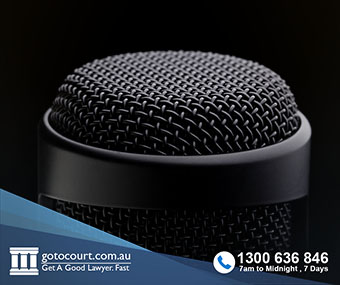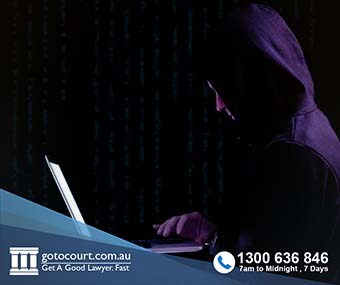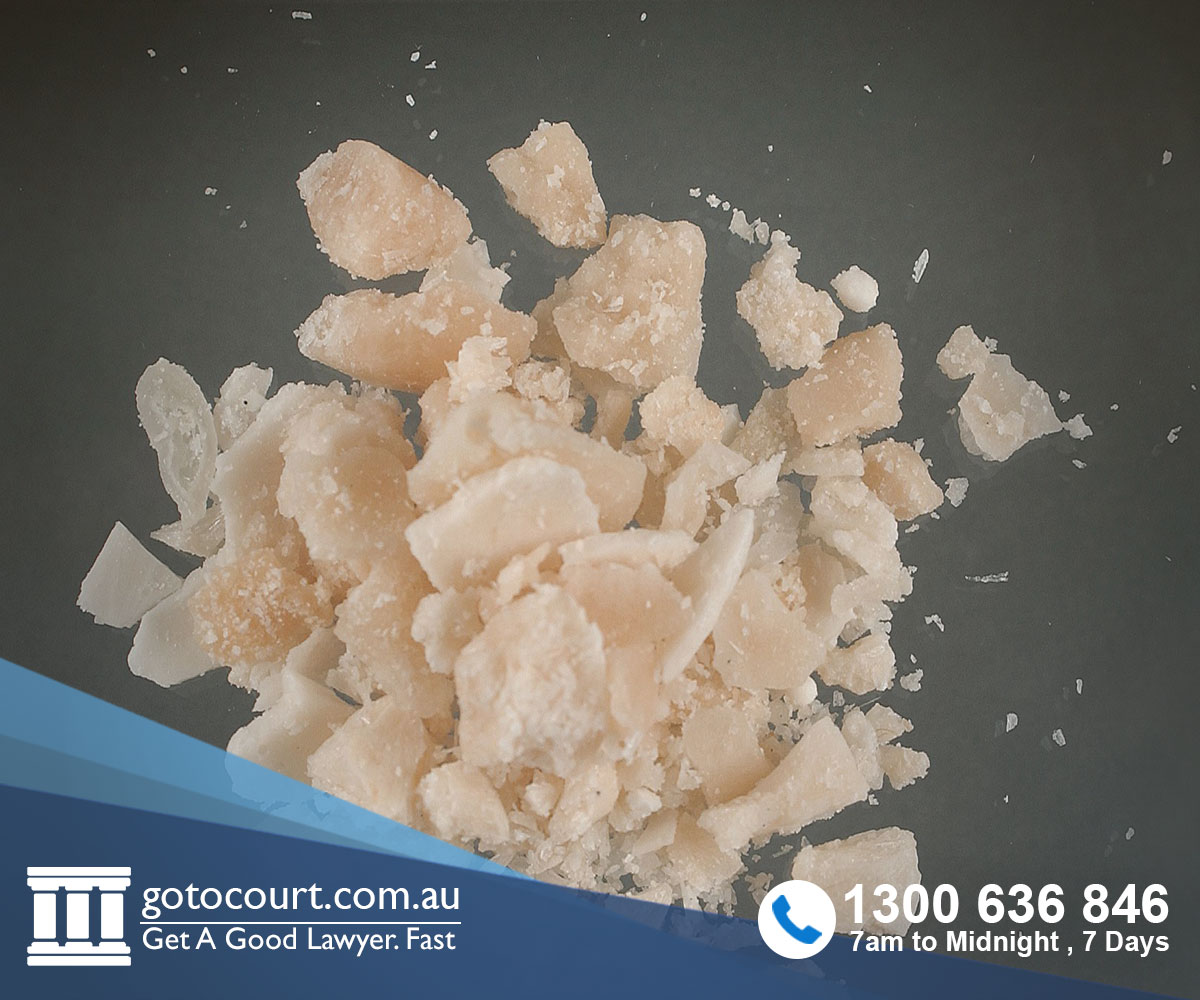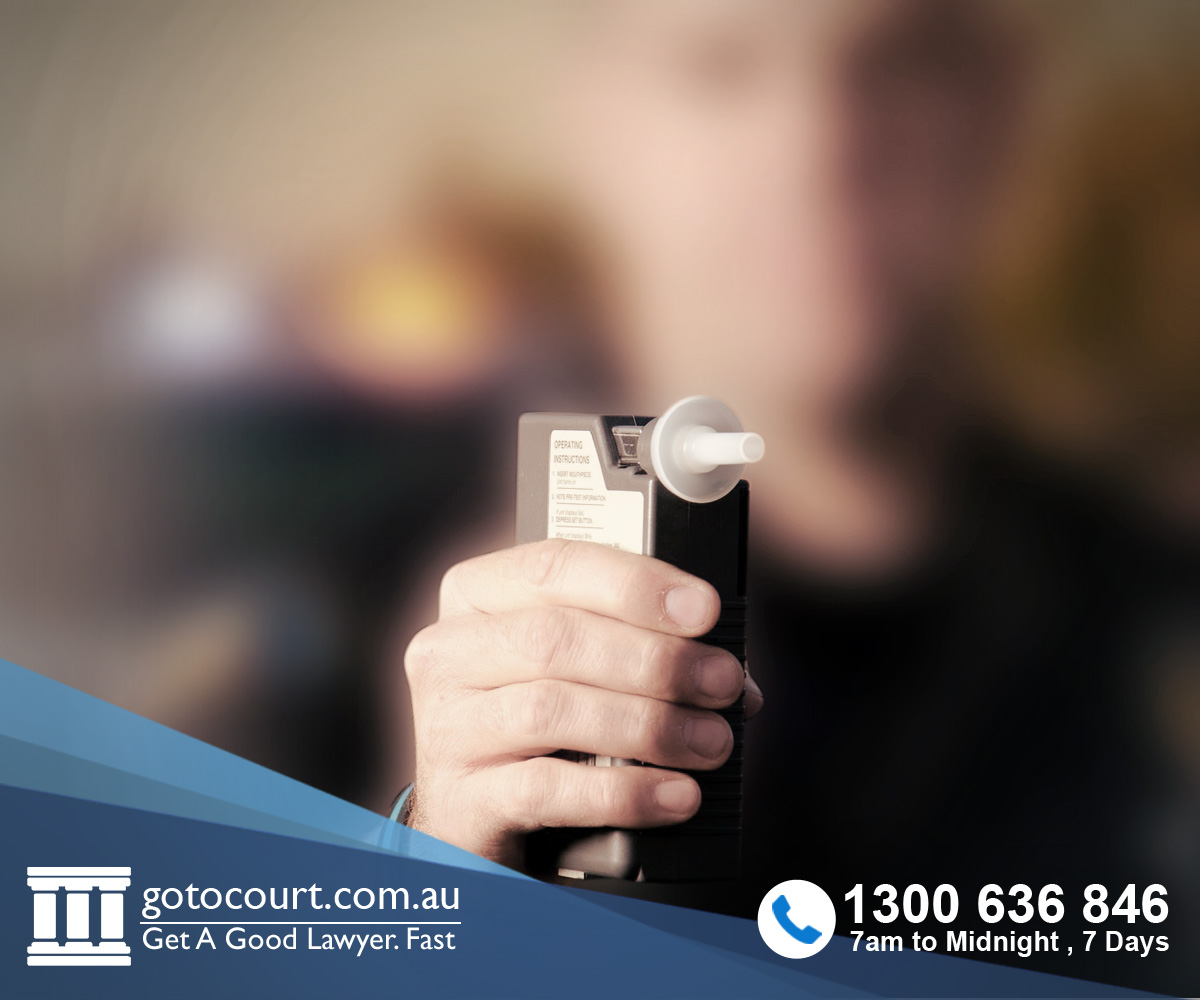Call our lawyers
now
or,
have our lawyers
call you
Giving a Police Statement in Australia
Updated on Oct 24, 2022 • 4 min read • 3100 views • Copy Link
Giving a Police Statement in Australia
In Australia, it is important to understand your rights when speaking to the police or making a written statement regarding a criminal matter, whether you are a person accused of a crime or you are a potential witness to a crime. If you are unsure, you should consult a lawyer before you make a statement or speak to police.
What is a police statement?
A police statement is a written document stating a person’s version of events. You should always make sure you know what crime is being investigated before you decide to answer questions or make a statement to police. You should also always ask for a copy of your statement from the police after you have made one.
Can you be forced to give a statement to police?
Under no circumstances can you be forced to make a statement to police. You have the right to be silent. The police can only ask for your name, date of birth and address if they reasonably believe you have committed a crime or are about to commit a crime.
It is also important to remember that, although the police can request that you attend a police station for the purpose of making a statement, they cannot make you do so without arresting you. To arrest you, they must reasonably believe that you are either about to commit a summary offence (a minor crime) or that you have committed an indictable offence (a serious crime).
If you feel uncomfortable with the conduct of a police officer, or you feel that they are trying to force you to give a statement against your will, you should immediately ask to speak to a solicitor.
When to give a statement to police as an accused person
Lawyers recommend that you do not give police a statement if you are accused of a crime. Police may still charge you irrespective of whether you give a statement or not.
It is important to remember that the police can charge you on the basis of what you have said in your statement. You can also be found guilty of a crime based only on what you have said in your statement, where there is no other evidence.
The courts cannot make any negative assumptions about you if you do not make a statement to police. The exception is in NSW where section 89A of the Evidence Act has now been enacted, and allows evidence of silence where the defendant has been charged with a serious indictable offence. This section states that Defendants may not be able to rely on a fact unless mentioned to police at the time of questioning.
When to give a statement as a witness
Generally, it doesn’t hurt to give a statement as a witness. However, it is important to be aware that you can be charged with making a false statement to police if you make an untruthful statement. It is therefore important, if you are a witness, that you tell the truth. Your statement may help police to investigate the crime.
You should consult a lawyer if you feel that making a statement might implicate you in the crime, or in any other crime. The police cannot coerce you into making a statement, but if you don’t make a statement you can still be called to court to give evidence by way of a subpoena.
It is important to realise that, if you make a statement, it will be given to the accused and/or the accused’s solicitor. You can choose to withdraw the statement at a later date if you wish by contacting the police officer in charge of investigating the matter (also called the informant).
Making a false statement to the police
It is generally an offence to make a false statement or statutory declaration. These offences exist under state legislation:
- ACT – sections 336A and 337 of the Criminal Code 2002
- NSW – section 85 of the Criminal Procedure Act 1986
- Northern Territory – section 68A of the Summary Offences Act 1923
- Queensland – sections 193 and 194 of the Criminal Code 1899
- South Australia – sections 242 and 243 of the Criminal Law Consolidation Act 1935
- Tasmania – section 113 of the Criminal Code 1924
- Victoria – section 53 of the Summary Offences Act 1966, and
- Western Australia – section 169 of the Criminal Code Compilation Act 1913.
- For this reason you should be careful of anything you include in a statement to police and you should definitely not sign any statement that you are unsure of, or if you are drunk or under the influence of drugs, or if you do not speak English well or at all.
If you require legal advice or representation in any legal matter, please contact Go To Court Lawyers.

Affordable Lawyers
Our Go To Court Lawyers will assist you in all areas of law. We specialise in providing legal advice urgently – at the time when you need it most. If you need a lawyer right now, today, we can help you – no matter where you are in Australia.How It Works







1. You speak directly to a lawyer
When you call the Go To Court Legal Hotline, you will be connected directly to a lawyer, every time.


2. Get your legal situation assessed
We determine the best way forward in your legal matter, free of charge. If you want to go ahead and book a face-to-face appointment, we will connect you with a specialist in your local area.


3. We arrange everything as needed
If you want to go ahead and book a fact-to-face appointment, we will connect you with a specialist in your local area no matter where you are and even at very short notice.



